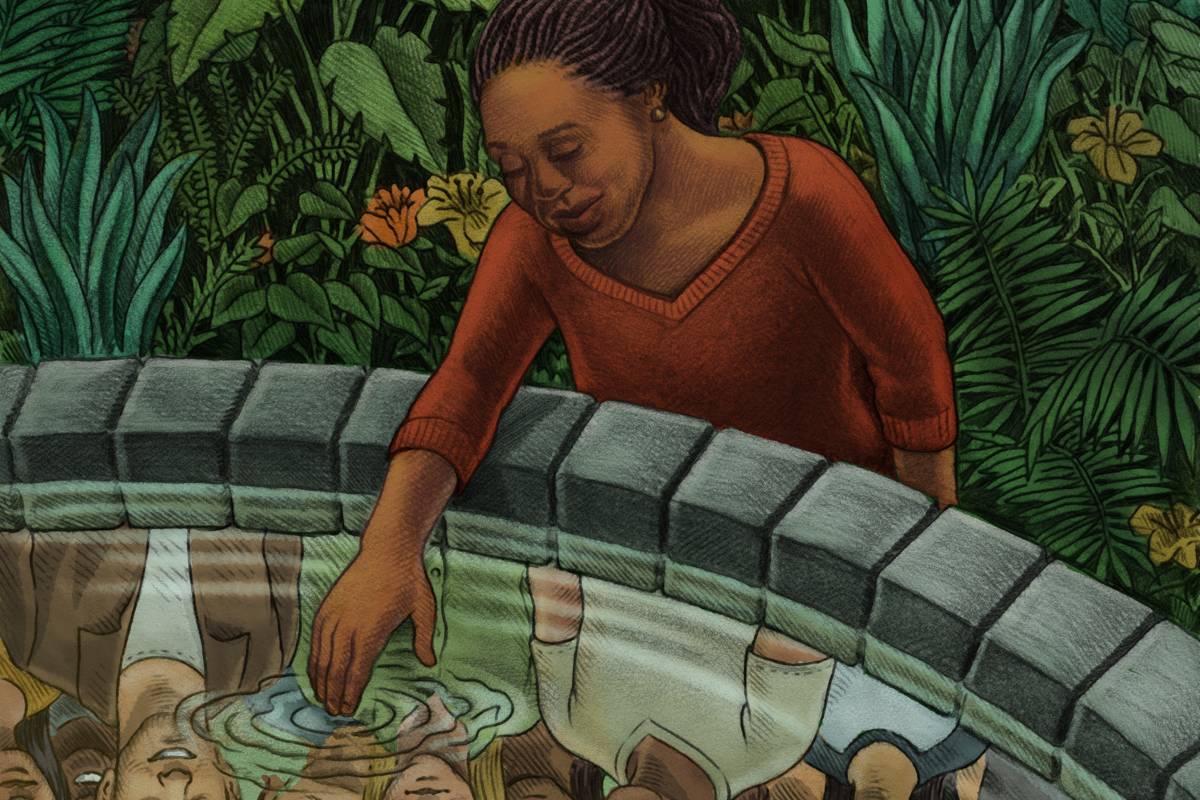The Legacy of Leadership
As a leader, you can’t develop others until you develop yourself.

As a leader, you can’t develop others until you develop yourself.
Lately, I have been thinking quite a lot about the meaning of legacy, especially as it relates to leadership. Perhaps it is because I just turned 65 years old. At this stage of my life, I am more concerned about what I have built rather than what I am building in my career. But I was also struck by the power of legacy with the passing of poet, author, actress, and professor Maya Angelou, the unexpected and tragic deaths of comedians Robin Williams and Joan Rivers, and the loss of jazz musician Joe Sample.
Maya Angelou was one of my sheroes. The lyrical rhythm, meaning, and power of “And Still I Rise” kept me sane while I was working on my doctoral degree in organizational behavior. “Phenomenal Woman” reminded me of the beauty, grace, wisdom, sexiness, and sass black women possessed. In Angelou’s world, black women weren’t angry or hostile; we were simply phenomenal. And she gave me insight into one of the cornerstones of leadership: courage. She wrote, “Courage is the most important of all virtues because without courage you can’t practice any other virtue consistently.”
When my husband told me that Robin Williams was dead, I was dumbfounded. Yes, I had read he struggled with addiction. Yes, I knew his television show had been cancelled. But I couldn’t believe that a man with such comedic gifts had taken his own life. Joan Rivers’ death closely followed Williams. As a feminist, I loved all the ways she reinvented herself, and her take-no-prisoners New York City comic style strongly resonated with me. In September, piano jazz legend Joe Sample died after losing a battle with cancer. In my 20s, I developed my jazz chops listening to the Jazz Crusaders, featuring Sample on the keyboards. I always tried to catch his live performances. In fact, I saw him two summers ago in Charlotte, N.C. He had aged, but his performance was timeless.
Angelou, Williams, Rivers, and Sample’s passing give us teachable lessons about the power of legacy and leadership. At it’s simplest; legacy is not what you do, but how you do it—writing a poem that builds a young woman’s self-esteem or gives her courage, making people laugh, being a humanitarian, being a role model, going through closed doors, or performing a musical piece that “charms to soothe a savage breast,” as William Congreve once wrote. Legacy is cultivating your gifts and mining treasures.
Building a legacy starts early in one’s career. It is about doing what you are passionate about, no matter how challenging or what others tell you to do. It is also about building relationships throughout your career. Legacy is about how you treat the people in your life. Legacy is about the way you both support and develop your employees. It is all about the ways you show love to your loved ones. It is about opening doors for the generation behind you, like Joan Rivers did for younger female comedians. Thinking beyond you and contributing to a greater purpose creates legacy. This is what leadership should be about.
Still there is another takeaway. Your legacy touches people you do not know and may never meet. I was touched by the outpouring of love and sympathy shown after the passing of Angelou, Williams, Rivers, and Sample. While never meeting any of these celebrities I was touched by their lives. Four individuals I never knew, who were not members of any of my networks, yet each one made my life richer. This is the power of legacy.
So, do you know your gifts? Leaders need to know their strengths. How are you mining your treasures? Another way to put this is, What ways are you developing yourself? As a leader, you can’t develop others without first developing yourself. What treasures are you sharing with your loved ones? Work-life balance is rarely possible, but having a full and loving life is critical to feeling fulfilled. Have you assessed the state of your relationships? Is there a relationship needing forgiveness? Are there relationships requiring more attention? How would your children describe their relationship with you? This question gives us food for thought. How would you describe your relationships with colleagues? A good leader knows it is not about him or her, but rather one’s employees. Your workers are your best assets, but only if you make time to build relationships with them.
These are all important questions we should think about throughout our careers and in our lives. The answers to these questions can tell you if the current state of your legacy is rich or impoverished. Maya Angelou summed it up best: “I have learned that people will forget what you said, people will forget what you did, but people will never forget how you made them feel.”